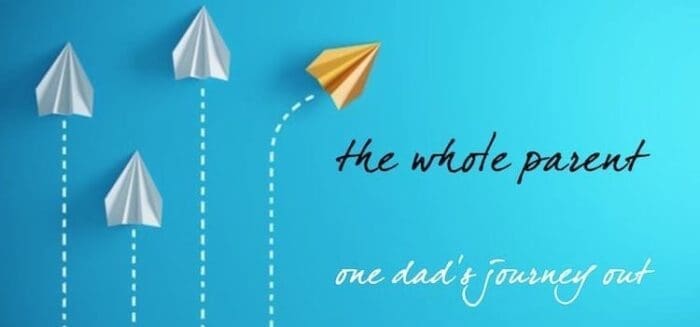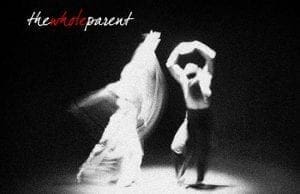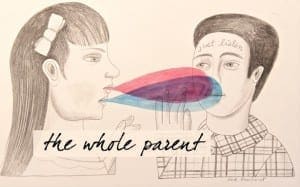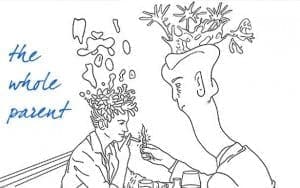One of the most powerful effects for me of being in a relationship is the sharing of personal struggles and past hardships I’m working through. Often I do it here, on this blog, writing to release some of the ghosts still haunting my happiness. When I have a partner who can listen, who can be empathetic to my outpouring and then can remain neutral and supportive. I don’t need my partner to validate me. But being heard is part of the healing process.
A large part of the therapeutic process is speaking about your experience to an empathetic and positive listener. Just being heard and accepted is healing to our hearts and minds. Having this experience with an intimate partner is even more potent.
Listen To Your Partner
When I was in the dating pool my first rule of engagement was to listen at least 70% of the time. I tend to talk a lot. So, it was important for me to put some of my type-a drive on hold and actually pay attention to the woman instead of my agenda or my response. It’s a learned skill: staying neutral and engaged while someone tells you about their pain.
As we go about dating and attempting to build healthy relationships, it’s important to listen more than we speak. I’m still working on this. As a storyteller, it is easy for me to slip into a narrative. It’s easy for me to interrupt your story to inject my perspective and my experience. It is better if I can slow my stories down a bit, pause when I have a “connection” and just listen. While I think I’m being additive to the conversation, often I am derailing their story. So, I’m learning to ask questions and then STFU and listen.
In dating it’s even more important. Don’t put too much of your vision and your dreams out there. Listen to what your date is talking about. Listen to what fascinates them, what they are striving for. Often, this is not about a relationship it’s about their dream, their daily challenges, and their personal ambitions for the future. If you listen and ask questions you’re going to get a better picture of who they are. It’s so much more important to understand what’s driving your potential partner than it is to see how they react to your visions of who you’d like them to be. Let’s listen first. If there’s a connection, then we can begin opening up with some deeper material.
What Healthy Growth Looks Like
Growth in a relationship is often a process of alignment. When we make mistakes both partners have an opportunity to observe reactions and flexibility. If a partner is dragging a lot of baggage, these interruptions can be painful and disruptive. This is where healthy communication habits and emotional availability come into play.
When a couple needs to grow, evolve, or change the work can be painful. These interruptions in the force of love are where we learn about the long-term viability of our partnership. When a person is self-aware they can easily identify when they are triggered by an event, they can take responsibility for their initial reaction, but more importantly, they can own the follow through that builds trust in the relationship. If they don’t know Brené Brown’s BRAVING, you need to share it with them.
What We’re Here For
Yes, love, but there’s more than adoration. We need a partner who can challenge us, grow with us, and forgive us when we make mistakes. Listening to their side of the relationship is important to make sure we’re not just creating a fantasy of our own optimism and ambition. I have been guilty of continuing a relationship with the idea that I was going to be able to CHANGE this other person.
Oops. That’s relationship rule number one: You cannot change the other person.
People will do what they WANT to do. We need to make our partnership an essential part of our growth and ambition. If we’re moving towards our partner in all interactions we will continue to grow closer and more trusting as a couple. When you feel the other person pulling back, there’s an opportunity for communication, understanding, and flexibility. When the damage is unconscious, or the fractures continue ending up as fights, it might be time to acknowledge the miss. Even if everyone is trying their best, a mismatch in emotional availability is nearly impossible to overcome.
Waiting for the other person to change, in my case:
- to stop drinking
- to give me equal consideration in making plans
- to prioritize my love and partnership
is a huge red flag. Here’s the truth: most people will not change. And in the case of mental illness or addiction, they cannot change without significant outside help. I was not enough to make my girlfriend stop drinking. I was never going to be enough. And if she didn’t want to change, she was going to continue to make and break promises for the rest of our time together. Nope.
See the red flags and move on. It is not your job to fix or heal someone else.
Back to the Fundamentals of Love
We want a healthy loving relationship. I have been seeking a new partner for 12 years since my divorce. I’ve been through a lot of attempts at finding a partner. You’re going to have to kiss a lot of toads to find your prince or princess charming. But keep kissing and keep listening. That’s where you will find the answer: in what they say and do. Your optimism and hopefulness may blind you to the issues if you don’t listen closely to your partner’s pain and process for dealing with it. Listen first. Adapt and be flexible. But when your thoughts begin with this phrase, “Things would be great if only…” That’s your sign. When you are waiting for the other person to change (at any stage of a relationship or marriage) it might be time for you to move on.
Namasté,
John McElhenney – life coach austin texas
Facebook | Instagram | Pinterest | @wholeparent
back to The Positive Divorce
- The Spiritual Quest for Love
- 10 Things I’ve Learned In the 5 Years Since My Divorce
- The Care and Feeding of a Lover
- The Training and Education of a Reluctant Divorcé
- What You Can’t Tell Your Kids After Divorce
- The 3 Immutable Laws of Co-Parenting
Here are a few of my books on Amazon:
- Single Dad Seeks: Dating Again After Divorce: Advice and Strategies on Learning How to be Loved Again
- Fall of the House of Dad: My journey through divorce, from loss to joy, again and again
- A Good Dad’s Guide to Divorce: One father’s quest to stay connected with his children
- The Sex Index: Getting Our Love Languages Right in the Bedroom
- Here Comes the Darkness: Surviving and Thriving After a Mental Illness Diagnosis
- The Third Glass: When Drinking Becomes an Issue
- The Storm Before the Divorce: When One Parent Wants Out, That’s the End
- Dating 2.0: Aiming for the Love of Your Life





